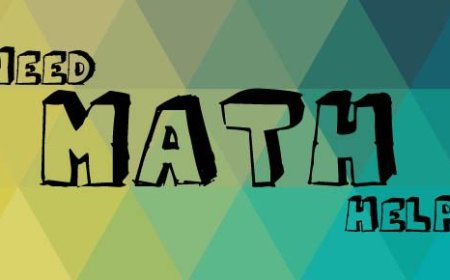🎶 Together in Tune: How Music Builds Social Skills in Children

From playful sing-alongs to rhythmic clapping games, music has always brought children together. But beyond the joy of shared sound, music is a powerful tool for developing social skills helping children connect, collaborate, and communicate more effectively Emotinal Well being.
In an age when meaningful interaction is sometimes lost in the hum of screens, music provides an engaging and natural way for children to build relationships and strengthen their sense of belonging.
? Why Music Fosters Social Growth
Music is inherently social whether you're harmonizing in a group or simply keeping the beat together. It encourages cooperation, active listening, turn-taking, and empathy the very foundations of strong social development.
When children engage in music-making with others, theyre not just having fun. Theyre learning how to:
Wait for their turn
Listen and respond to others
Coordinate their actions in sync with a group
Recognize and respect shared goals
These early lessons in cooperation lay the groundwork for healthy social behavior in school, friendships, and beyond.
? The Social Benefits of Musical Play
Whether in a classroom, therapy setting, or at home, incorporating music into group activities can work wonders for a childs social development:
? Encourages Teamwork: Group music-making like drumming circles or sing-alongs teaches collaboration and shared responsibility.
? Develops Listening Skills: Following a rhythm or responding to musical cues helps children practice focused, attentive listening.
?? Promotes Communication: Singing and call-and-response games boost verbal skills and encourage expressive interaction.
? Builds Confidence in Group Settings: Music gives children a fun and low-pressure way to participate and shine, even if theyre shy or anxious.
? Inspires Empathy: Songs that tell stories or explore emotions help children relate to others and understand diverse perspectives.
? Making Musical Connections at Home
Parents and caregivers can easily foster social growth through everyday musical moments. Heres how to make music a shared experience:
? Family Jam Sessions: Pick a song and assign everyone a part singing, clapping, shaking an instrument to build cooperation and unity.
??????? Create a Musical Story Together: Take turns adding lines to a silly song or musical tale encouraging imagination, turn-taking, and humor.
? Musical Games: Play classics like Freeze Dance or Pass the Sound to help children practice attention, impulse control, and sharing.
? Build a Music Box: Let your child invite friends to play with homemade instruments and share musical ideas its social development in action!
? Explore More: The Power of Musical Connection
For a deeper look into how music nurtures children's growth across emotional, cognitive, and social domains, check out Power of Music: Magic for Children. This essential guide offers science-backed strategies and heartwarming stories for anyone working with young minds.
? Music: The Universal Language of Friendship
In every rhythm shared and every melody echoed, music teaches children one of lifes most important lessons how to connect with others.
It reminds us that learning to relate, to listen, to lead, and to follow can all begin with something as simple as a song. So whether its banging on pots, clapping to a beat, or belting out a favorite tune, these musical moments are more than just fun theyre shaping the social skills that children will carry into every relationship they build.
Because in the end, the best kind of harmony is the one we make together.


































